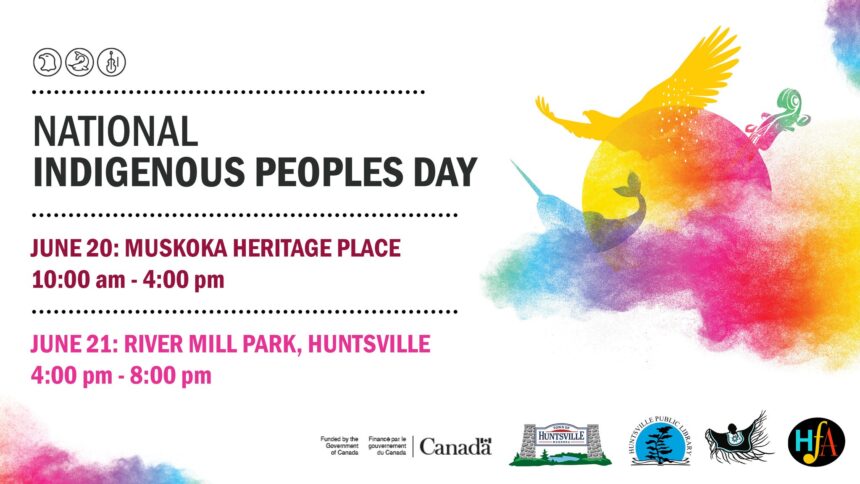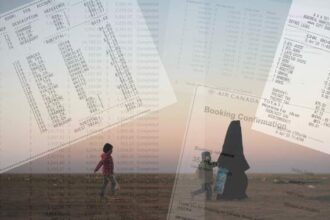In a powerful display of cultural recognition and reconciliation, Huntsville is preparing to host an expanded two-day celebration for National Indigenous Peoples Day this June. The event, which has grown significantly in recent years, will offer residents and visitors a meaningful opportunity to connect with Indigenous traditions, knowledge, and contemporary expressions through a diverse program of activities and ceremonies.
The festivities will unfold at River Mill Park on June 21st and 22nd, marking the first time the celebration has extended beyond a single day in the community. This expansion reflects growing public interest and the tireless efforts of local Indigenous organizations to create spaces for authentic cultural exchange.
“What began as a modest gathering has evolved into one of our region’s most significant cultural events,” explains Elder Mark Nadjiwan, who has been instrumental in organizing the celebration. “The decision to extend to two days came from community feedback and our desire to offer more opportunities for meaningful engagement with Indigenous cultures.”
Day one will feature traditional opening ceremonies, including a sacred fire lighting and sunrise ceremony led by respected Knowledge Keepers from local First Nations. The program continues with interactive workshops on traditional crafts, storytelling sessions, and demonstrations of Indigenous technologies that have sustained communities for generations.
The second day builds on these foundations with contemporary expressions of Indigenous culture, including performances by award-winning musicians, Indigenous-led art exhibitions, and panel discussions exploring the ongoing journey of reconciliation in Canada. Local Indigenous entrepreneurs will also showcase their businesses at a dedicated marketplace.
Food will feature prominently throughout the celebration, with traditional cuisine prepared by Indigenous chefs highlighting ingredients native to the region. These culinary experiences offer attendees a literal taste of cultural knowledge that has been preserved through generations.
“Food is central to understanding any culture,” notes Chef Theresa Southwind, who will lead cooking demonstrations during the festival. “The ingredients we use and the ways we prepare them tell stories about our relationship with the land that sustains us.”
Education remains a core focus of the celebration, with dedicated programming for schools scheduled for Friday morning. Hundreds of students from across the Muskoka region will participate in guided learning experiences designed to complement and expand upon classroom curriculum about Indigenous histories and contemporary realities.
The expansion of Huntsville’s celebration parallels a growing national trend of more substantive recognition of Indigenous Peoples Day across Canada. What was once observed primarily in Indigenous communities has increasingly become an opportunity for broader public engagement with the diverse cultures, contributions, and ongoing challenges of First Nations, Inuit, and Métis peoples.
Local officials have expressed strong support for the expanded format, with municipal funding complementing contributions from provincial grants and corporate sponsorships. This collaborative funding approach has enabled organizers to attract high-caliber performers and educators while keeping the event accessible to all community members.
“Creating these spaces for cultural sharing isn’t just about celebrating diversity—it’s about building the foundations for more just and inclusive communities,” says event coordinator Jennifer Pawley. “When people understand the richness and resilience of Indigenous cultures, it challenges stereotypes and creates opportunities for genuine relationship building.”
As Huntsville prepares for this significant cultural celebration, the question remains: How might these two days of connection and celebration ripple outward to influence our collective journey toward reconciliation throughout the year?
























